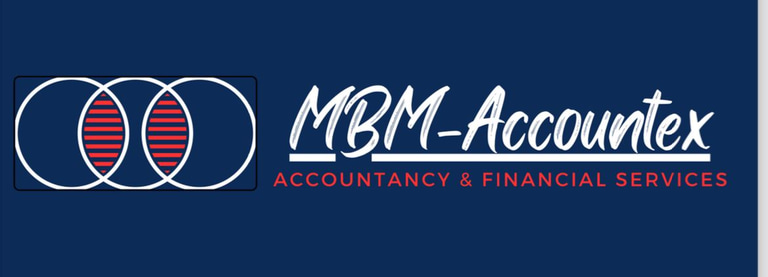Accounting | Bookkeeping | Corporation Tax | Company Formations | PAYE | CIS | Sole Traders | Landlords | Capital & Crypto gains Tax | Mortgages
Winning a Self-Assessment Income Support Scheme Penalty Notice with HMRC: A Client Success Story
12/14/20242 min read


Understanding the Self-Assessment Income Support Penalty Notice
The realm of self-assessment in taxation can often lead to complications for taxpayers. One such complication is the issuance of income support penalty notices by HM Revenue and Customs (HMRC). These notices arise when the tax authority believes that an individual's self-assessment return may have been incorrectly reported and was not eligible for SEISS or if there has been a significant delay in filing. For many, receiving such a notice can be daunting, leading to concerns about potential fines and the repercussions of dealing with HMRC.
Our Client's Journey: From Notice to Winning the Case
Recently, one of our clients found themselves facing the harsh reality of a self-assessment income support penalty notice from HMRC. The notice claimed that the reported figures from previous self-assessments were significantly inaccurate and the client was not eligible for SEISS and was asked to pay back all the amount claimed over £7000l leading to a penalty and demand for repayment of claimed income support. Understanding the nature of the notice and its implications, our team immediately stepped in to provide the necessary support.
We initiated a thorough review of our client's financial documentation, cross-referencing their self-assessment submissions with supporting evidence provided to HMRC. Our meticulous approach enabled us to clearly identify discrepancies, misunderstandings, and any areas requiring clarification. We engaged directly with HMRC, presenting our findings through a well-structured appeal that highlighted our client's diligence in fulfilling their tax obligations.
The Outcome: A Victory for Fair Taxation
After several rounds of dialogue and the submission of evidence, we proudly report that our appeal was successful. The HMRC acknowledged the inaccuracies in their initial assessment of our client’s submission and subsequently revoked the penalty notice. This outcome exemplifies the importance of having skilled representation in navigating complex tax situations.
The relief and gratitude expressed by our client upon hearing the news of the case's dismissal were palpable. Not only did we alleviate the immediate financial burden linked to the penalty, but we also helped to restore our client's peace of mind, allowing them to focus on their personal and professional pursuits without the stress of dealing with HMRC.
This case highlights the significance of seeking expert advice and support when faced with challenges related to self-assessment and HMRC. A knowledgeable representative can be invaluable in clarifying misunderstandings, compiling evidence, and ensuring that taxpayers are treated fairly under the law.
In conclusion, if you or someone you know is struggling with a self-assessment income support penalty notice, we recommend not delaying in seeking assistance. Having the right support can lead to successful outcomes, as demonstrated in our client's case. At our firm, we're dedicated to helping clients navigate the complexities of tax assessments, ensuring their rights and interests are always prioritized.
Contacts:
Email: Hello@mbm-accountex.com
MOB: 07448424331 Mainline: 02034322231
Find us on social:
Subscribe to our newsletter:
Luton
Slough
Innovation centre & Business base point, 110 Butterfield, Great Marlings, Luton, LU2 8DL
Spaces, The Porter Building,1 Brunel Way, Slough, Berkshire, SL1 1FQ
182-184 High Street North
East Ham, London
E6 2JA
London
